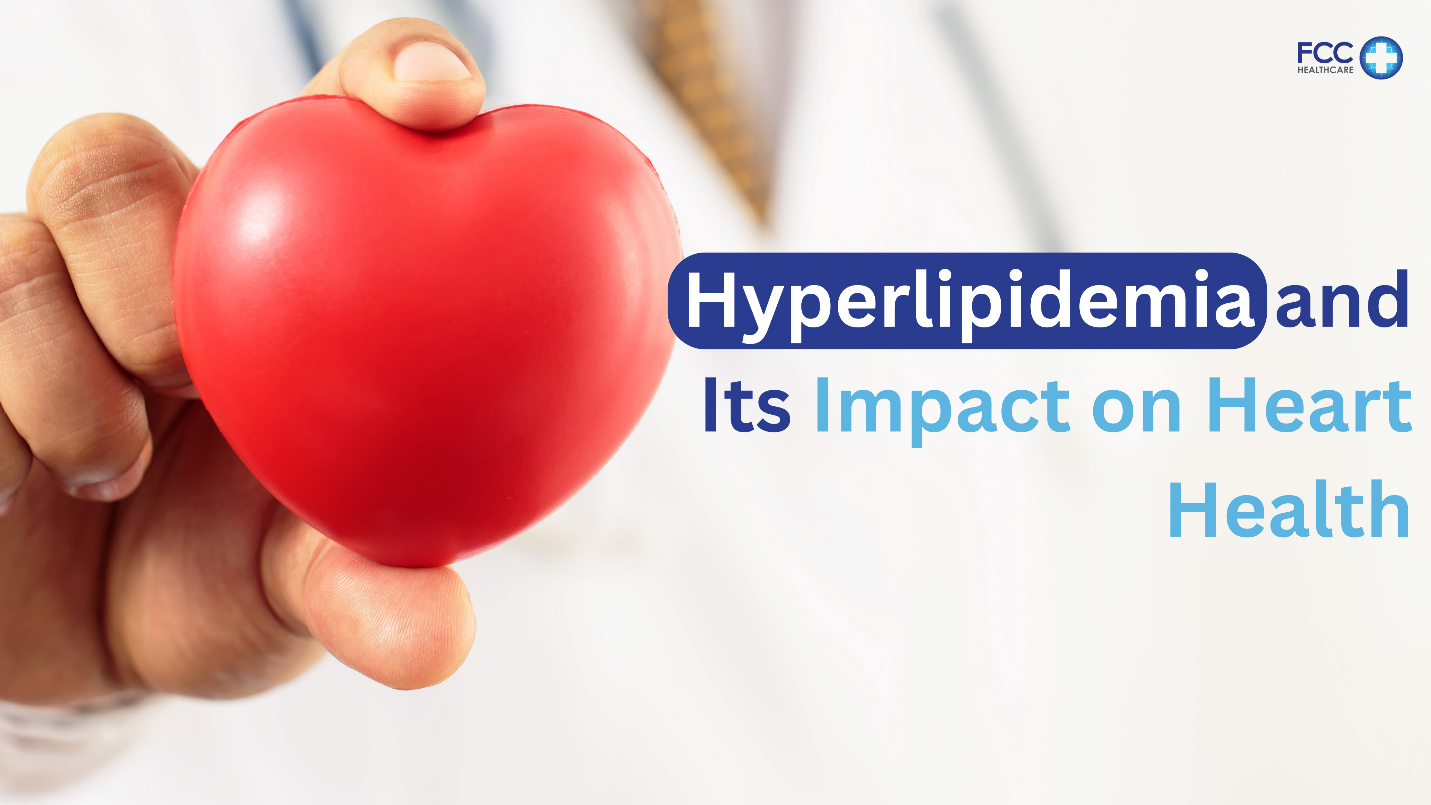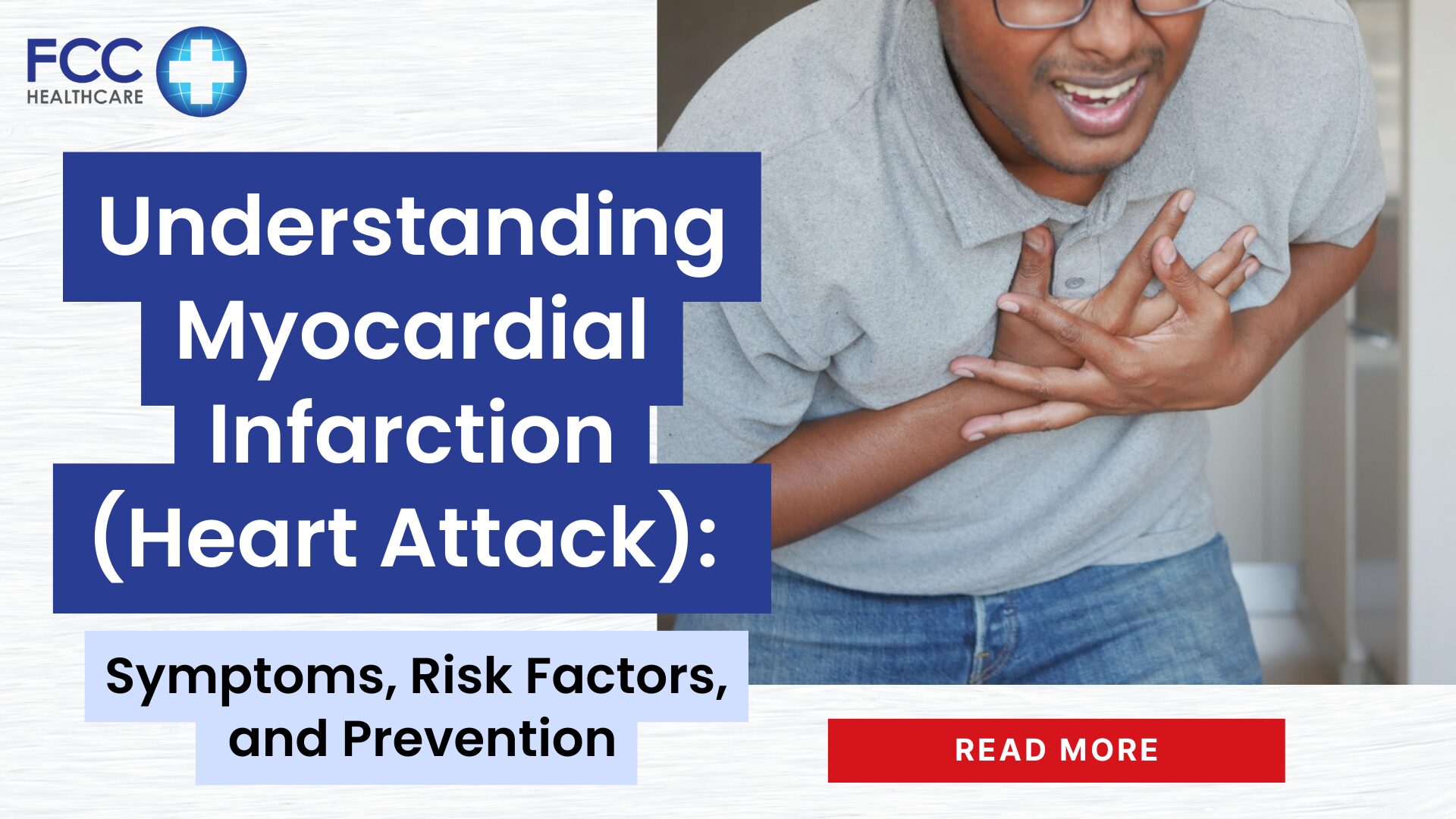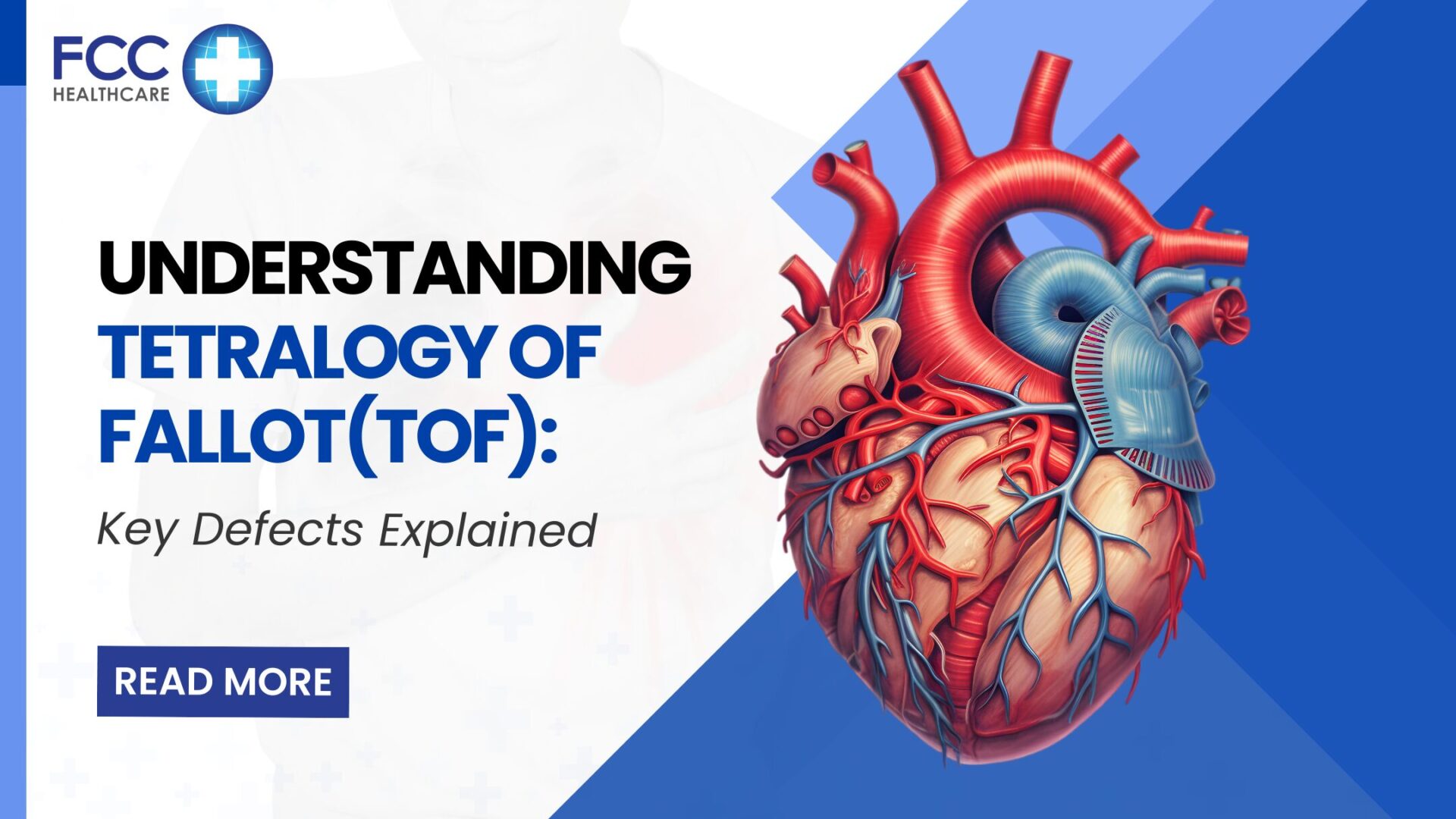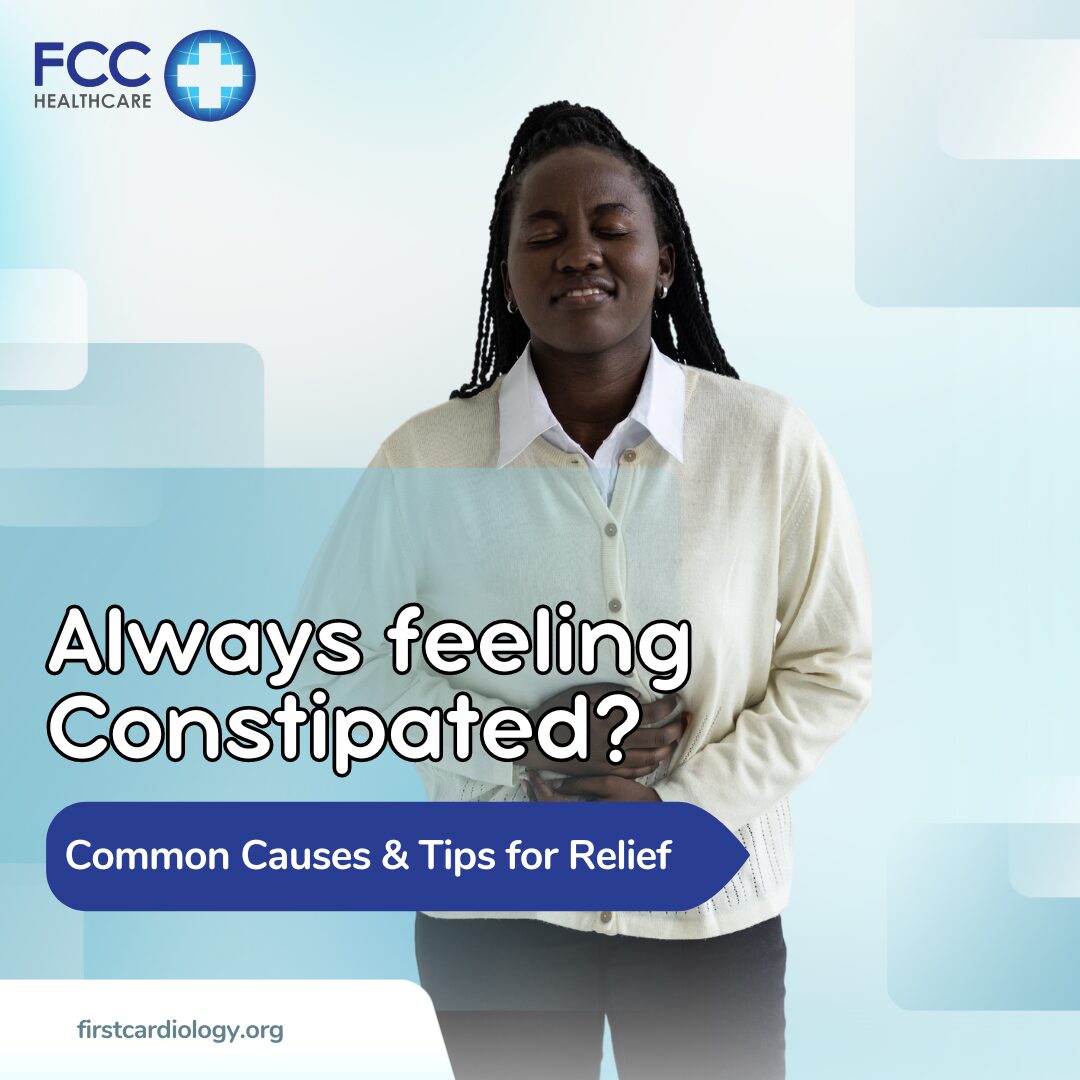Hyperlipidemia, a condition characterized by elevated levels of lipids (fats) in the blood, is a significant risk factor for cardiovascular disease, particularly in relation to heart health. The lipids involved in hyperlipidemia include cholesterol and triglycerides, which, when present in excess, can lead to the formation of plaques in the arteries and ultimately compromise heart function. In this article, we will explore hyperlipidemia, its effects on the heart, and ways to manage and mitigate its impact on cardiovascular health.
What is Hyperlipidemia?
Hyperlipidemia refers to an abnormal increase in lipid levels, primarily cholesterol and triglycerides, in the blood. These lipids are essential for the body’s normal functioning, including cell structure and hormone production. However, an excess of these lipids can accumulate in the blood vessels, forming plaques and potentially obstructing blood flow.
The Role of Cholesterol
Cholesterol is a fatty substance essential for building cell membranes and producing hormones like estrogen and testosterone. However, there are two main types of cholesterol: low-density lipoprotein (LDL) and high-density lipoprotein (HDL). LDL cholesterol, often termed “bad” cholesterol, can deposit in the walls of arteries, leading to atherosclerosis or the hardening and narrowing of the arteries. HDL cholesterol, known as “good” cholesterol, helps remove LDL from the bloodstream, reducing the risk of plaque formation.
Impact on Heart Health
When hyperlipidemia results in high levels of LDL cholesterol, it increases the risk of cardiovascular disease. The excess LDL can accumulate in the arteries, forming plaques that restrict blood flow to the heart muscle. Over time, this can lead to coronary artery disease (CAD), angina (chest pain), heart attacks, and other heart-related complications.
Plaques can rupture, causing blood clots to form, which may block the blood flow to the heart or brain, resulting in a heart attack or stroke, respectively. These events can have severe and potentially fatal consequences.
What are are the the effective strategies for managing Hyperlipidemia?
- Embrace a heart-healthy dietary regimen that emphasizes an abundance of fruits, vegetables, whole grains, and lean proteins. Exercise moderation in the consumption of saturated fats, trans fats, and cholesterol-laden foods.
- Commit to a consistent exercise routine to achieve and maintain a healthy body weight, enhance cholesterol profiles, and mitigate the risk of cardiovascular issues.
- Cease smoking and moderate alcohol consumption, recognizing their potential detriment to lipid levels and overall cardiac wellness.
Ideally, individuals with hyperlipidemia should undergo regular cholesterol screenings and diligently adhere to doctor’s guidance and prescribed medications aimed at effectively managing lipid levels.




